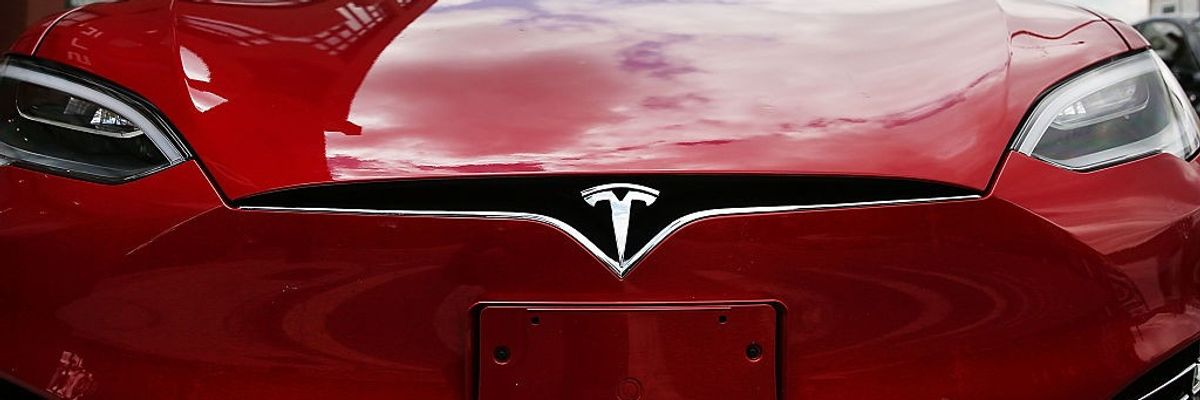Cars using Tesla's Autopilot mode have been involved with 736 crashes causing 17 deaths since 2019, an analysis from The Washington Postrevealed Saturday.
The Post said that their numbers, taken from National Highway Traffic Safety Administration (NHTSA) data, were higher than previously reported and reflected a significant uptick in both crashes, serious injuries, and deaths over the last four years.
"Tesla is having more severe—and fatal—crashes than people in a normal data set," former NHTSA senior safety adviser Missy Cummings, who is now a professor at George Mason University's College of Engineering and Computing, told The Washington Post of the findings.
NHTSA began monitoring crashes involving vehicles using driver-assistance technology in 2021, after a federal order mandating companies report these incidents. The fact that a crash occurred does not mean the new technology was to blame, NHTSA said.
Tesla by far leads the industry in both crashes and deaths involving driver-assistance technology, accounting for the "vast majority" of the first and "almost all" of the latter, The Washington Post observed. A graph shared by the Post shows Tesla's bar towering over all other car makers combined.
"Those complaining about the media focusing too much on Tesla crashes should examine this graph," David Zipper, a visiting fellow at the Harvard Kennedy School who focuses on mobility, cities, and technology, tweeted in response to the findings.
Tesla CEO Elon Musk did not respond to requests for comment from the Post or Insider. In the past, Musk has said that cars in Autopilot mode are safer than those entirely controlled by humans.
"At the point of which you believe that adding autonomy reduces injury and death, I think you have a moral obligation to deploy it even though you're going to get sued and blamed by a lot of people," Musk said in 2022, as the Post reported.
However, experts told the Post that Musk's decision to push the new tech—such as the expansion of Full Self Driving—could be a factor in the number of incidents.
"The fact that… anybody and everybody can have it… Is it reasonable to expect that might be leading to increased accident rates? Sure, absolutely."
"The fact that… anybody and everybody can have it… Is it reasonable to expect that might be leading to increased accident rates? Sure, absolutely." Cummings said.
Other experts have cast doubt on Tesla's ability to deliver a fully self-driving car, as the company has repeatedly promised, tellingInsider that the technology still makes too many errors.
"Tesla keeps saying next year, and I still don't see any reason to believe that promise," Phil Koopman, an engineering professor and autonomous vehicle expert at Carnegie Mellon University, told Insider. "There's no reason to believe that something magic will happen this year that failed to happen the year before and the year before and the year before."
This isn't the first time that Musk's attempts to roll out innovations have raised safety concerns. A SpaceX rocket launch in April caused an explosion that sent a dust cloud much farther than the company had predicted, coating communities in particulates and threatening endangered species.
